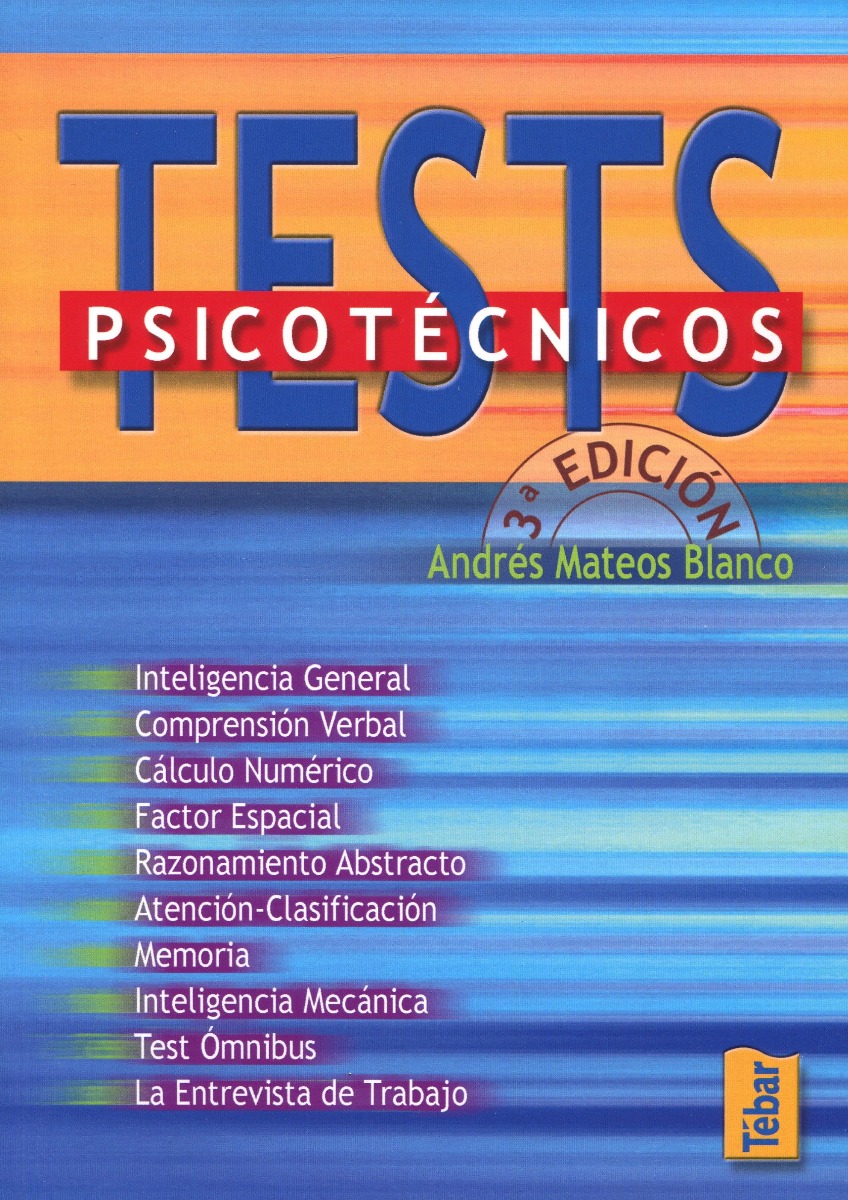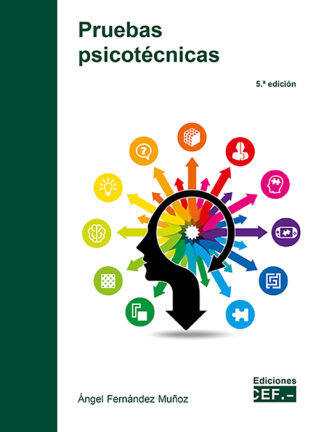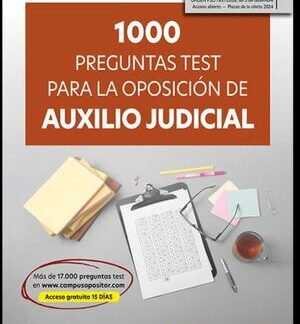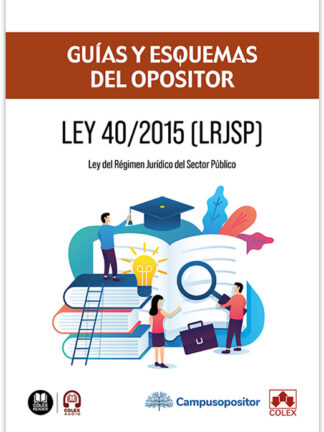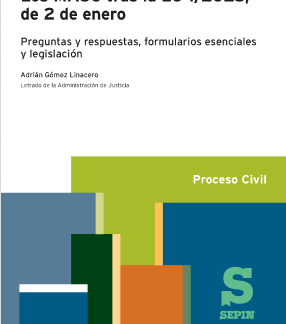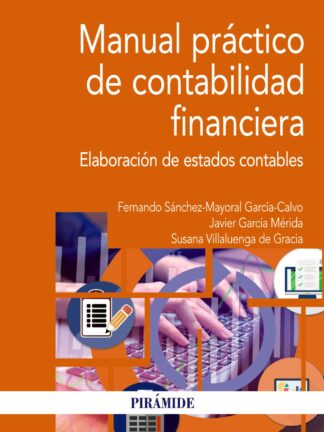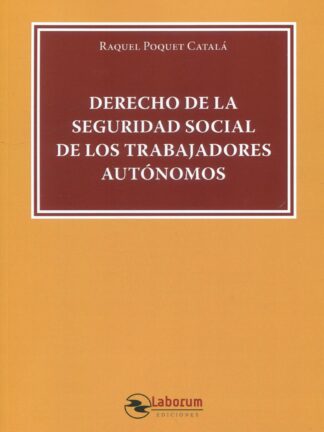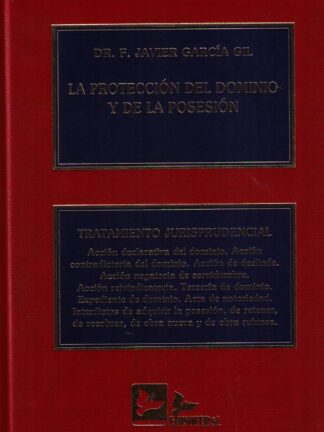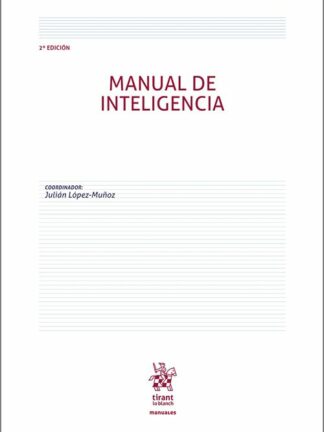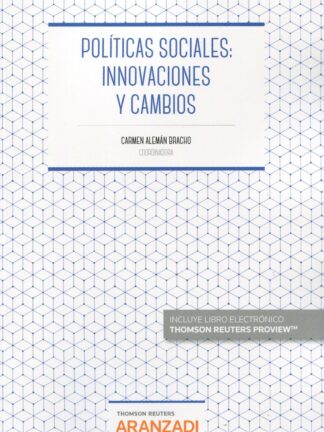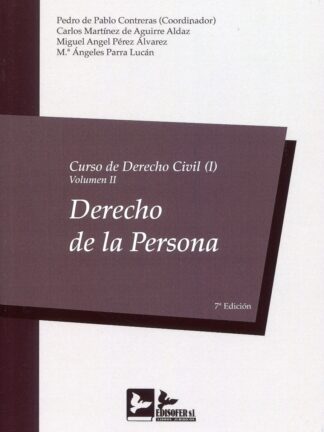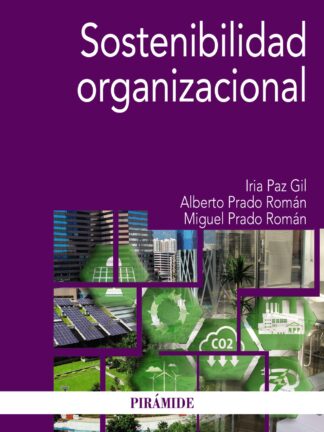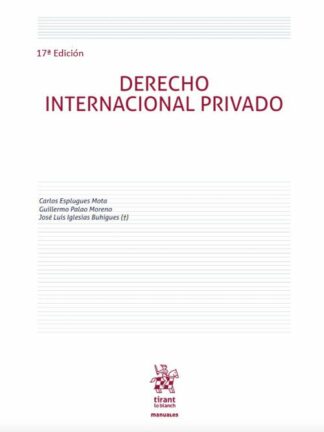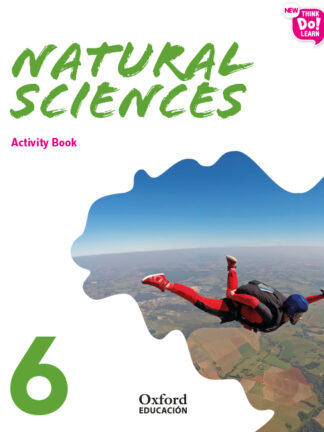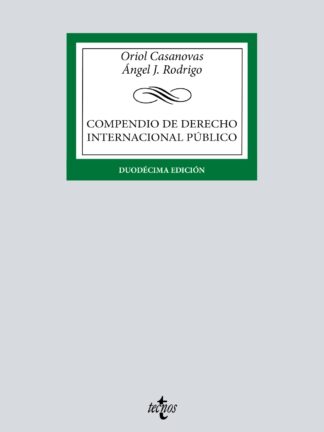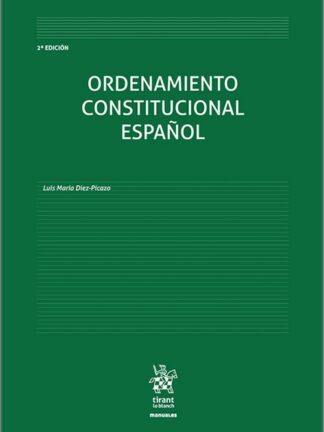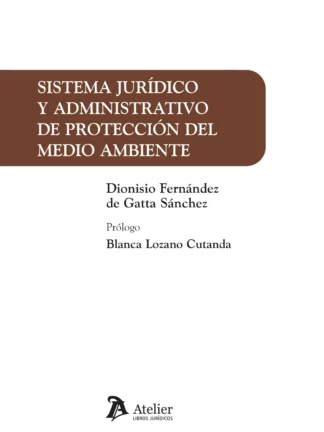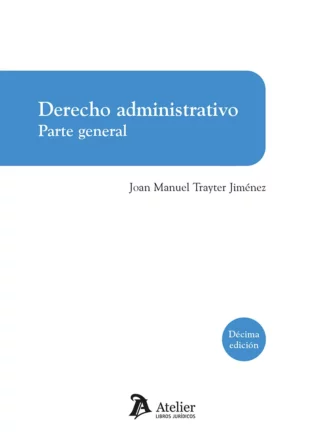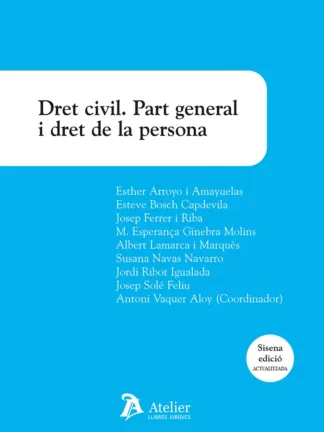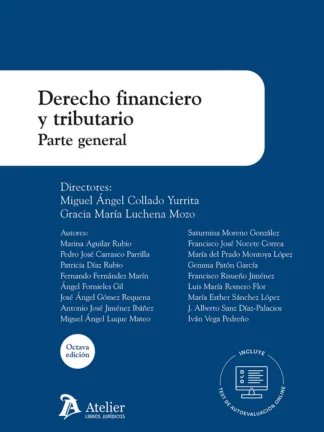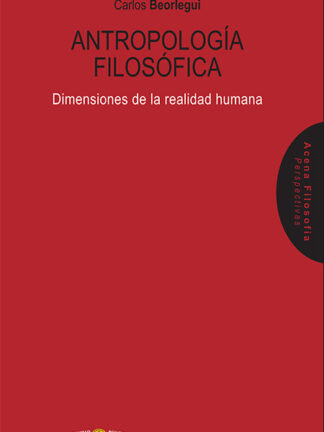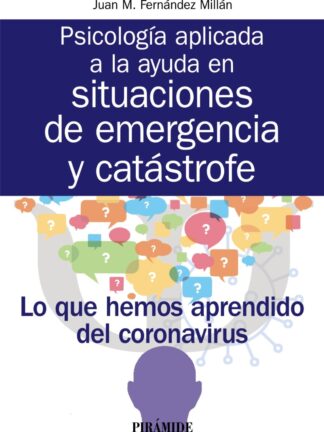Descripción
Tests Psicotécnicos
El autor ha experimentado con sus alumnos sus temores e inquietudes y también sus esperanzas. Por eso, este texto servirá para transmitir a los opositores tranquilidad y seguridad ante la meta que se han propuesto: aprobar una oposición.
El presente manual está constituido por una selección ampliamente representativa de tests que se utilizan habitualmente en la actualidad para la selección de personal en centros e instituciones, tanto públicas como privadas, por lo que se hará imprescindible tanto para quienes se enfrentan por primera vez al mundo laboral, como para los que conducen sus carreras profesionales desde el continuo reciclaje.
Quienes se acerquen a este texto por inquietud personal, encontrarán una nueva forma, sin duda amena, de descubrir y potenciar los diferentes aspectos de la inteligencia humana. Tests Psicotécnicos
EDITORIAL TEBAR
Introduction: Placing the Past, Suzanne Conklin Akbari
– Part 1: Biography and Circumstances of Daily Life
1:Chaucer’s Travels for the Court, Peter Brown
2:Chaucer and Contemporary Courts of Law and Politics: House, Law, Game, Matthew Giancarlo
3:At Home in the ‘Countour-Hous’: Inhabiting Space on Chaucer’s Polyglot Dwellings, Jonathan Hsy
4:Labour and Time, Kellie Robertson
5:Books and Booklessness in Chaucer’s England, Alexandra Gillespie
6:The Role of the Scribe: Genius of the Book, Martha Rust
7:’Gaufred, deere maister soverain’: Chaucer and Rhetoric, James Simpson
· Part 2: Chaucer in the Mediterranean Frame
8:Anti-Judaism / Anti-Semitism and the Structures of Chaucerian Thought, Steven F. Kruger
9:’O Hebraic People!’ English Jews and the Twelfth-Century Literary Scene, Ruth Nisse
10:The Hazards of Narration: Frame-Tale Technologies and the Oriental Tale, Karla Mallette
11:Fictions of Espionage: Performing Pilgrim and Crusader Identities in the Age of Chaucer, Suzanne M. Yeager
· Part 3: Chaucer in the European Frame
12:Ovid: Artistic Identity and Intertextuality, Jamie C. Fumo
13:Chaucer and the Textualities of Troy, Marilynn Desmond
14:The Romance of the Rose: Allegory and Lyric Voice, David F. Hult
15:Challenging the Patronage Paradigm: Late-Medieval Francophone Writers and the Poet-Prince Relationship, Deborah McGrady
16:Dante and the Author of the Decameron: Love, Literature, and Authority in Boccaccio, Martin Eisner
17:Boccaccio’s Early Romances, Warren Ginsberg
18:Chaucer’s Petrarch: ‘enlumnyed ben they’, Ronald Martinez
19:Dante and the Medieval City: How the Dead Live, David L. Pike
20:Historiography: Nicholas Trevet’s Transnational History, Suzanne Conklin Akbari
· Part 4: Philosophy and Science in the Universities
21:Grammar and Rhetoric c. 1100-c. 1400, Rita Copeland
22:Philosophy, Logic, and Nominalism, Fabienne Michelet and Martin Pickavé
23:The Poetics of Trespass and Duress: Chaucer and the Fifth Inn of Court,, Eleanor Johnson
24:Medicine and Science in Chaucer’s Day, E. Ruth Harvey
25:Logic and Mathematics. The Oxford Calculators, Edith Dudley Sylla
· Part 5: Christian Doctrine and Religious Heterodoxy
26:Wycliffism and its After-Effects, Stephen E. Lahey
27:Anticlericalism’, Inter-clerical Polemic and Theological Vernaculars, o Kathryn Kerby-Fulton, Melissa Mayus, and Katie Bugyis
28:Chaucer as Image-Maker, Denise Despres
· Part 6: The Chaucerian Afterlife
29:Geographesis, or the Afterlife of Britain in Chaucer, Jeffrey Jerome Cohen
30:Vernacular Authorship and Public Poetry: John Gower, T. Matthew N. McCabe
31:Lydgate’s Chaucer, Anthony Bale
32:Dialogism in Hoccleve, Jonathan Newman
33:Old Books and New Beginnings North of Chaucer: Revisionary Reframings in the Kingis Quair and the Testament of Cresseid, Iain MacLeod Higgins
Edited by Suzanne Conklin Akbari, Professor of Medieval Studies, and James Simpson, Douglas P. and Katherine B. Loker Professor English, Harvard University
Suzanne Conklin Akbari is Medieval Studies, Institute for Advanced Study, and was educated at Johns Hopkins and Columbia. She has written books on optics and allegory (Seeing Through the Veil) and European views of Islam and the Orient (Idols in the East), and edited collections on travel literature (Marco Polo), Mediterranean Studies (A Sea of Languages), and somatic histories (The Ends of the Body).
James Simpson is Donald P. and Katherine B. Loker Professor of English at Harvard University. He was formerly Professor of Medieval and Renaissance English at the University of Cambridge. His most recent books are Reform and Cultural Revolution, being volume 2 in the Oxford English Literary History (Oxford University Press, 2002); Burning to Read: English Fundamentalism and its Reformation Opponents (Harvard University Press, 2007), and Under the Hammer: Iconoclasm in the Anglo-American Tradition (Oxford University Press, 2010).
Contributors:
Anthony Bale, Birkbeck, University of London
Peter Brown, University of Kent
Katie Anne-Marie Bugyis, University Notre Dame
Jeffrey Jerome Cohen, Arizona State University
Suzanne Conklin Akbari, Institute for Advanced Study
Rita Copeland, University of Pennsylvania
Marilynn Desmond, Binghamton University
Denise L. Despres, University of Puget Sound
Edith Dudley Sylla, North Carolina State University
Martin Eisner, Duke University
Jamie C. Fumo, Florida State University
Matthew Giancarlo, University of Kentucky
Alexandra Gillespie, University of Toronto
Warren Ginsberg, University of Oregon
E. Ruth Harvey, University of Toronto
Jonathan Hsy, George Washington University
David F. Hult, University of California-Berkeley
Eleanor Johnson, Columbia University
Kathryn Kerby-Fulton, University of Notre Dame
Steven F. Kruger, Queens College and The Graduate Center of The City University of New York
Stephen Lahey, University of Nebraska Lincoln
Matthew McCabe, University of Alberta
Iain Macleod Higgins, University of Victoria
Deborah McGrady, University of Virginia
Karla Mallette, University of Michigan
Ronald L. Martinez, Brown University
Melissa Mayus, University of Notre Dame
Fabienne Michelet, University of Toronto
Jonathan Newman, Missouri State University
Ruth Nisse, Wesleyan University
Martin Pickavé, University of Toronto
David L. Pike, American University
Kellie Robertson, University of Maryland
Martha Rust, New York University
James Simpson, Harvard University
Suzanne Yeager, Fordham University

